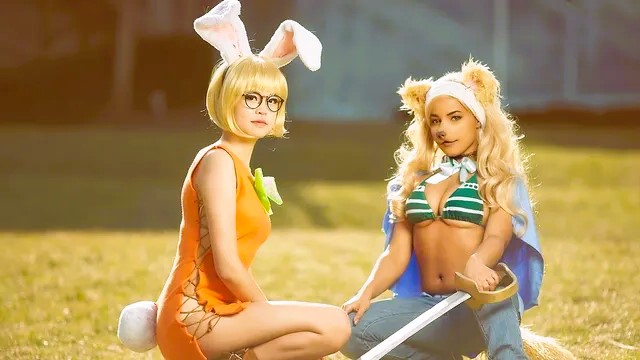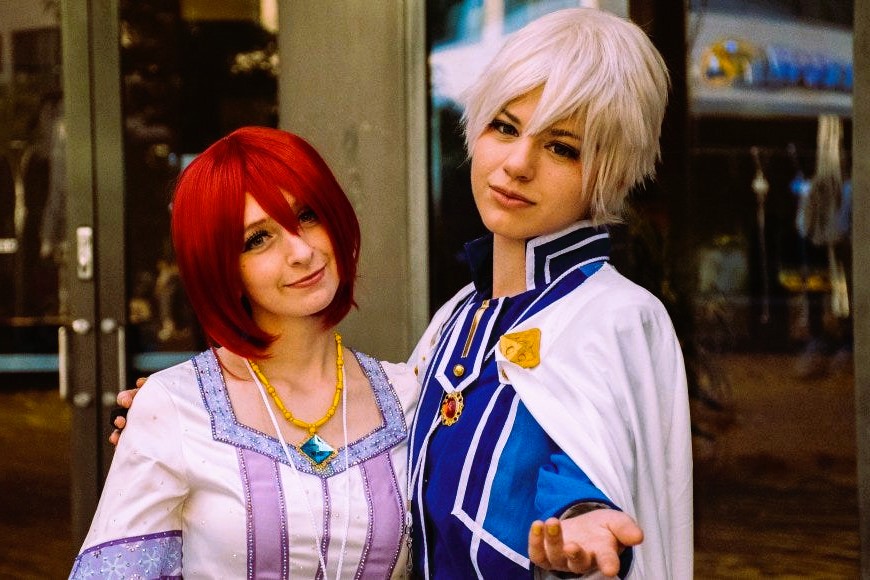In recent years, cosplay has emerged as a vibrant and integral part of entertainment. From comic conventions to gaming expos, cosplayers can be found showcasing their elaborate costumes and embodying their favorite characters with passion and creativity. In this article, we’ll explore the rise of cosplay culture and how dressing up has transformed the landscape of entertainment.
The Origins of Cosplay
Cosplay, a portmanteau of “costume” and “play,” traces its origins back to the early days of science fiction and fantasy. In the 1930s, fans of science fiction literature began dressing up as their favorite characters at conventions and gatherings, inspired by the colorful worlds and characters depicted in their favorite books and magazines.
Over time, cosplay evolved into a global phenomenon, encompassing a wide range of genres and mediums, including comic books, video games, anime, manga, and more. Today, cosplayers draw inspiration from a diverse array of sources, from popular movies and TV shows to obscure cult classics, showcasing their creativity and craftsmanship through elaborate costumes and intricate props.
A Celebration of Creativity and Community

At its core, cosplay is more than just dressing up—it’s a celebration of creativity, craftsmanship, and community. For many cosplayers, creating costumes and props is a labor of love, requiring countless hours of research, planning, and construction. From sewing and sculpting to painting and prop-making, cosplayers employ a wide range of skills and techniques to bring their favorite characters to life.
But cosplay is also about more than just the costumes—it’s about the sense of camaraderie and belonging that comes from being part of a passionate and inclusive community. Whether attending conventions, participating in cosplay meetups, or connecting with fellow fans online, cosplayers find strength and support in their shared love of and creativity.
Transforming Entertainment
Cosplay has had a profound impact on the landscape of entertainment, transforming the way fans engage with and celebrate their favorite franchises. No longer passive consumers of media, cosplayers become active participants in the storytelling process, embodying their favorite characters and contributing to the cultural conversation in meaningful ways.
Moreover, cosplay has become an integral part of the entertainment industry itself, with studios and publishers embracing cosplayers as influencers and ambassadors for their brands. From official cosplay contests and sponsored events to collaborations with cosplayers on promotional materials and merchandise, the entertainment industry has recognized the value of cosplay as a powerful form of fan engagement and promotion. Did you like the article? We recommend that you familiarize yourself with the game Animal Crossing: New Horizons.
Breaking Down Barriers

One of the most remarkable aspects of cosplay culture is its ability to break down barriers and foster inclusivity and diversity within. Regardless of age, gender, race, or body type, anyone can participate in cosplay and express their love for their favorite characters and stories. Cosplay transcends traditional boundaries, creating a welcoming and inclusive community where fans from all walks of life can come together and celebrate their shared passion for creativity and imagination.
Conclusion: A Phenomenon of Creativity and Connection
In conclusion, the rise of cosplay culture has transformed the landscape of entertainment, turning dressing up into an art form and a form of self-expression. From its humble beginnings in the early days to its status as a global phenomenon, cosplay has become a powerful force for creativity, connection, and community. As cosplay continues to evolve and grow, it will undoubtedly remain a cherished and integral part of entertainment for years to come.
For more information on cosplay culture and its impact on entertainment visit Wikipedia.

